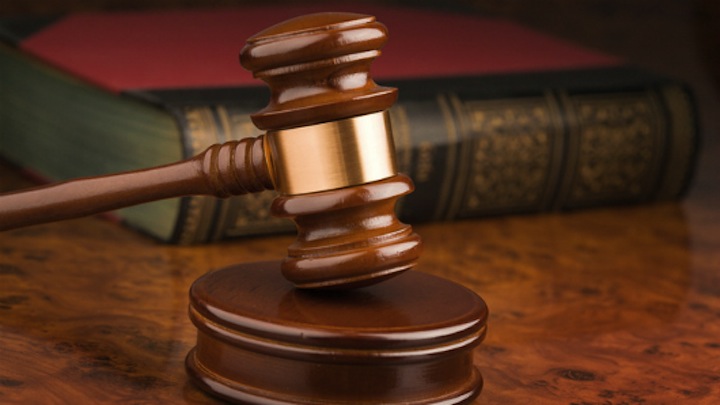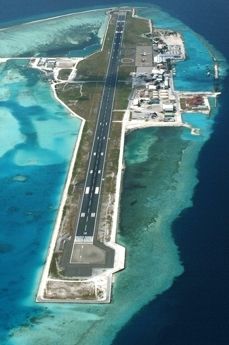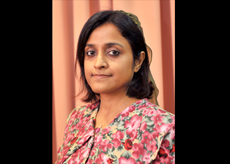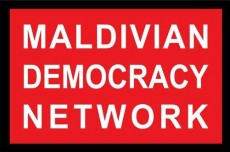A new penal code came into effect today, repealing a law written in 1968. Government offices, the opposition and influential figures have welcomed the law as a momentous change that will usher in major reforms to the Maldives’ criminal justice system.
The landmark law is hailed as one that is compatible with both the Islamic Shari’ah and international human rights standards. The penal code comes into effect nearly ten years after it was first drafted and despite recent efforts by the judiciary to overhaul it.
Attorney General Mohamed Anil today said the new law would bring the Maldives criminal justice system on to equal footing with that of other developed nations. Thanking all stakeholders involved in its enactment, Anil said the penal code is the most well-researched law to come into effect in the Maldives.
Law enforcement officers and public prosecutors have now been trained in its application with the help of a legal resource center set up by the UNDP, he said.
“The Attorney General asks all government institutions and the Prosecutor General to complete all the tasks in order to fully comply with the new penal code,” he said in a statement today.
Anil also called on Majlis to expedite the criminal procedures bill and stressed the need for laws on evidence and legal aid to complete reforms to the criminal justice system.
The main opposition Maldivian Democratic Party (MDP) said: “We believe the enforcement of the new penal code is a progressive step for a better criminal justice system. It brings to an end to the injustice wrought by the old law.”
Foreign minister Dunya Maumoon said: “I am extremely proud that with this significant move, the Maldives becomes the first Islamic country to bring into place a penal system that is in line with the principles enshrined in both Islamic Shariah and the common law.”
Ahmed Faiz, the former chief said: “Never will a more significant change happen to the Maldivian criminal justice system. “
The PG office and the police have said that they are fully prepared to implement the new penal code.
“The PG office was actively involved in training of lawyers, the police and other institutions for the penal code. We are well prepared,” a spokesperson said.
According to the police, some 3100 officers have been informed on the provisions in the law.
Amidst all the celebration, former Attorney General Husnu Suood was more cautious. “The people will benefit from the penal code provided that judges are god fearing, selfless, loyal and uphold the most sincere ethics,” he said.
The first draft of the penal code was prepared in 2006 at the request of then-Attorney General Hassan Saeed by Professor Paul H. Robinson, a legal expert at the University of Pennsylvania.
However, the legislation was stalled at the 16th People’s Majlis. It was resubmitted to the 17th Majlis in late 2009 where it remained with a committee until December 2013. In the first vote, the bill was rejected 36-34 and sent back to a committee.
It was finally passed in April last year, but its enforcement was delayed by a year to provide state institutions time to prepare. Ruling party MPs this year delayed the penal code’s enforcement by a further three months, claiming more time was needed to raise public awareness.
The decision was made against the wishes of the Attorney General and the Prosecutor General.
 (0)Dislikes
(0)Dislikes (0)
(0)
 Yameen said that the GMR issue is currently in the arbitration stage and has dismissed claims that the government may renew the airport development contract with the company.
Yameen said that the GMR issue is currently in the arbitration stage and has dismissed claims that the government may renew the airport development contract with the company. Meanwhile, Minister of Foreign Affairs Dunya Maumoon stated that the Maldives has given “greater impetus and focus to strengthening our systems and institutions to better safeguard human rights and fundamental liberties” since former President Maumoon Abdul Gayoom began the introduction of democratic governance in the country in 2004.
Meanwhile, Minister of Foreign Affairs Dunya Maumoon stated that the Maldives has given “greater impetus and focus to strengthening our systems and institutions to better safeguard human rights and fundamental liberties” since former President Maumoon Abdul Gayoom began the introduction of democratic governance in the country in 2004. maintaining that it is the result of having an elected government in place after a politically turbulent period.
maintaining that it is the result of having an elected government in place after a politically turbulent period.